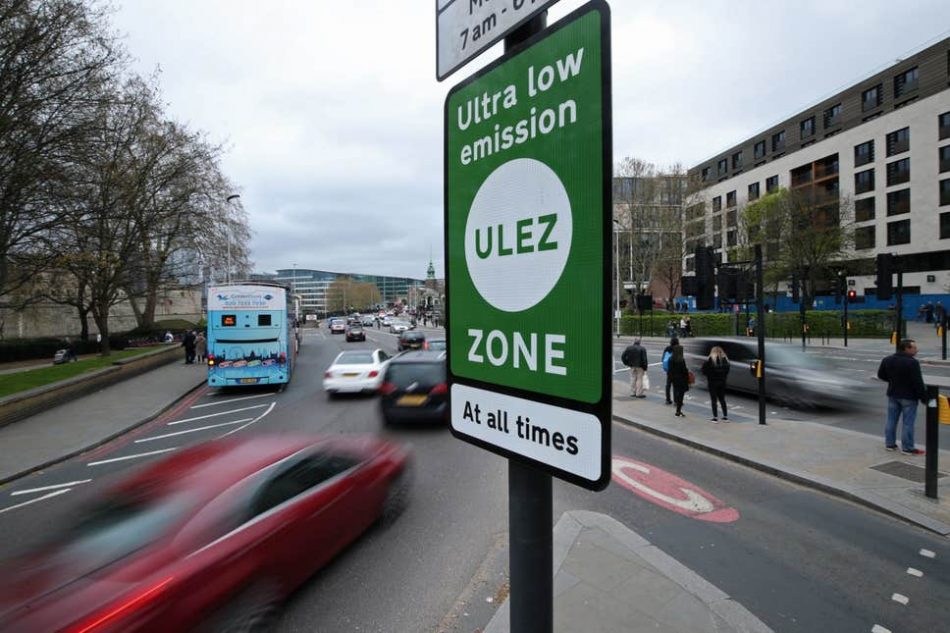In 2017, the city of London announced a “toxicity charge” on older vehicles that spewed emissions. Two years later, the city launched the Ultra Low Emission Zone (ULEZ), which requires drivers to meet specific emission standards or pay a daily fine. The rules are rather strict on drivers—especially those who rely on driving for a living—but new results show the moves are paying off.
According to a new report, about 13,500 fewer polluting cars are driven in the zone daily, causing traffic in the bustling area to decrease overall. On top of that, nitrogen dioxide pollution has fallen by 36% in the central zone since the toxicity charge was put in place in 2017.
London isn’t alone in implementing such strict standards. In 2016, Paris banned cars made before 1997 from the city center on weekdays. It also recently declared the first Sunday of every month to be car-free. And earlier this month, San Francisco officials voted to ban cars from Market Street, the city’s downtown spine.












